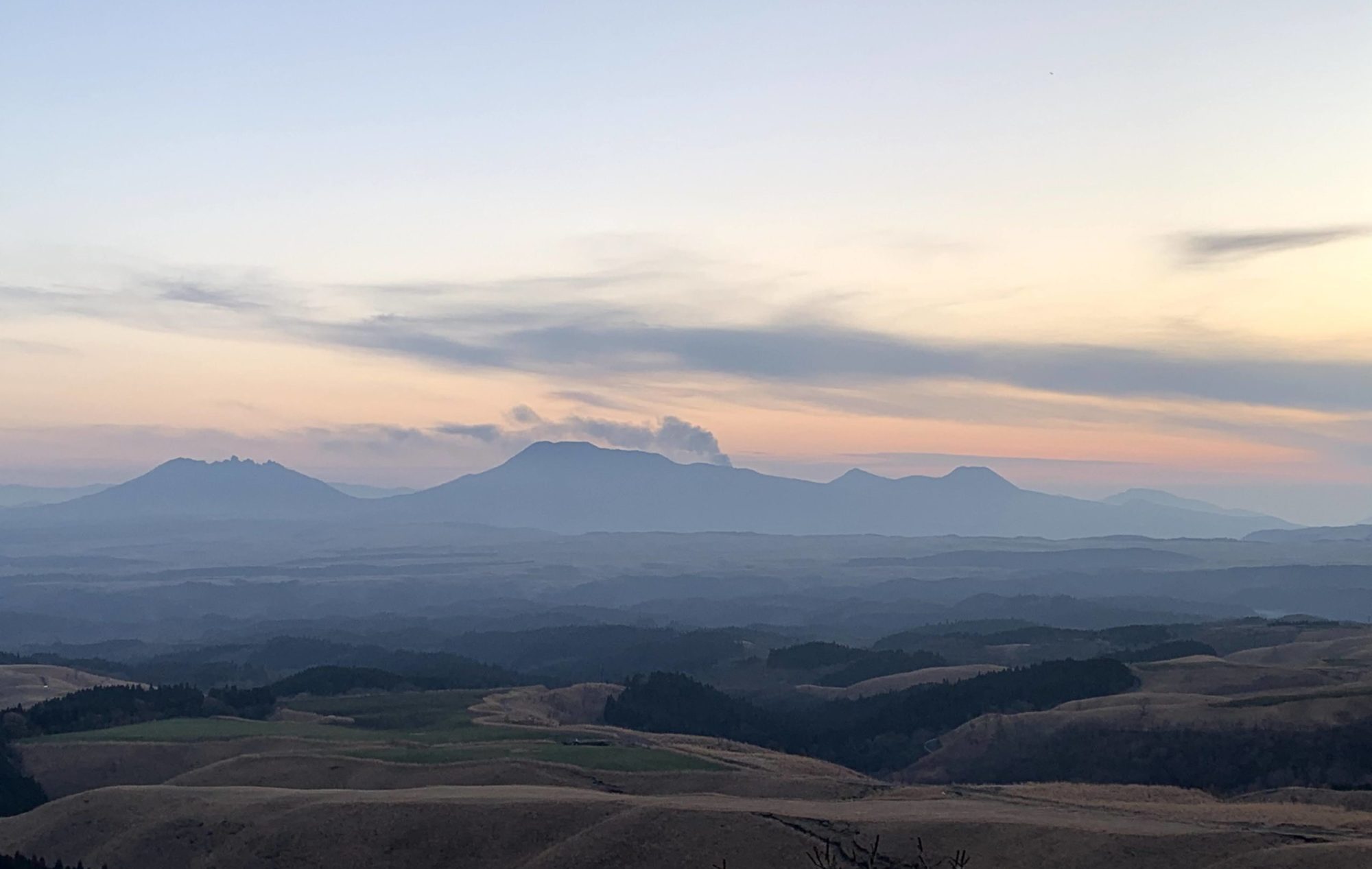確定申告はお済ですか?
個人事業主及びフリーランスの方は、持続化給付金の申請ができます‼
申告所得税、贈与税及び個人事業者の消費税の申告・納付期限が令和2年4月16日(木)まで延長されています
持続化給付金の申請をスムーズに行うためにも確定申告をお勧めします
現在、全国の税務署においては、納税者の方が円滑かつ正確に申告書を作成していただけるよう、確定申告会場を開設し、申告所得税(及び復興特別所得税)、贈与税及び個人事業者の消費税(及び地方消費税)の申告相談に応じています。
(注) 現在開設している確定申告会場については「確定申告会場のお知らせ」でご確認ください。
今般、政府の方針を踏まえ、新型コロナウイルス感染症の拡大防止の観点から、申告所得税(及び復興特別所得税)、贈与税及び個人事業者の消費税(及び地方消費税)の申告期限・納付期限について、令和2年4月16日(木)まで延長することといたしました。
なお、昨今の新型コロナウイルス感染症の拡大状況に鑑み、更に確定申告会場の混雑緩和を徹底する観点から、感染拡大により外出を控えるなど期限内に申告することが困難な方については、期限を区切らずに、
4月17日(金)以降であっても柔軟に確定申告書を受け付けることになっています。

















コメントを投稿するにはログインしてください。